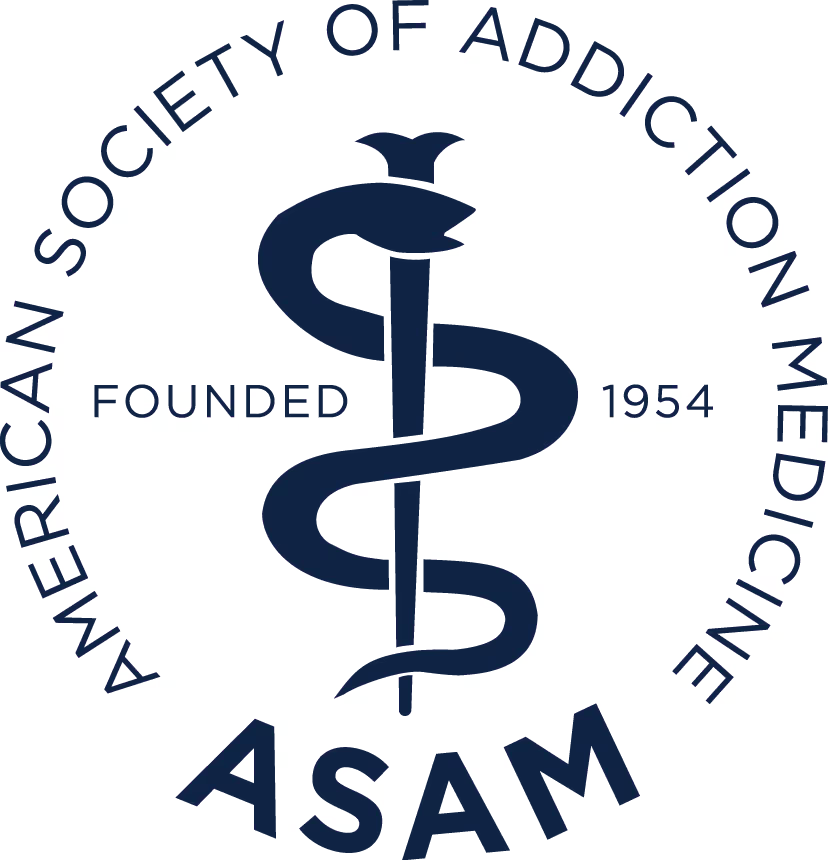Fentanyl is a synthetic opioid that is 50 to 100 times more potent than morphine. Originally developed for pain management, its illicit use has led to a surge in overdose deaths. Addiction to fentanyl can develop rapidly, often due to its high potency and the ease of overdose.
Signs and Symptoms of Fentanyl Addiction
Recognizing the signs of fentanyl addiction is the first step toward seeking help. Common symptoms include:
- Pinpoint pupils
- Slurred speech
- Drowsiness or nodding off
- Confusion or memory problems
- Nausea or vomiting
- Depression or anxiety
- Social withdrawal
If you or someone you know exhibits these signs, it's essential to seek professional help promptly.
Why Professional Fentanyl Rehab is Essential
Attempting to quit fentanyl without professional assistance can be dangerous due to withdrawal symptoms and the risk of overdose. Professional fentanyl rehab centers provide:
- Medical Detoxification: Safe and monitored withdrawal process.
- Medication-Assisted Treatment (MAT): Use of FDA-approved medications to reduce cravings and withdrawal symptoms.
- Therapeutic Interventions: Individual and group therapy to address underlying issues.
- Aftercare Support: Programs to prevent relapse and support long-term recovery.
Regal Treatment: A Leading Fentanyl Rehab Center
Located in Southern California, Regal Treatment offers a serene and private setting for individuals seeking recovery from fentanyl addiction. Their approach combines clinical excellence with compassionate care, ensuring each client receives personalized treatment.
Treatment Approaches at Regal Treatment
Regal Treatment employs a comprehensive approach to fentanyl rehab, including:
- Individualized Treatment Plans: Tailored to meet the unique needs of each client.
- Evidence-Based Therapies: Utilization of therapies like Cognitive Behavioral Therapy (CBT) and Dialectical Behavior Therapy (DBT).
- Holistic Therapies: Incorporation of wellness activities to promote overall well-being.
- Dual Diagnosis Treatment: Addressing co-occurring mental health disorders.
- Family Involvement: Engaging family members in the recovery process.
Insurance and Payment Options
Regal Treatment works with most major insurance providers to make treatment accessible. They also offer flexible payment plans to accommodate various financial situations. For more information, visit their Insurance Verification page.
Aftercare and Long-Term Recovery
Recovery doesn't end after the initial treatment phase. Regal Treatment provides comprehensive aftercare services, including:
- Outpatient Programs: Continued therapy sessions post-rehabilitation.
- Support Groups: Peer support to maintain sobriety.
- Relapse Prevention Plans: Strategies to avoid triggers and maintain progress.
Conclusion
Overcoming fentanyl addiction is challenging, but with the right support and treatment, recovery is achievable. Regal Treatment offers a compassionate and professional environment to help individuals reclaim their lives. If you or a loved one is struggling with fentanyl addiction, don't hesitate to reach out to Regal Treatment for assistance.
FAQs
1. What is fentanyl?
Fentanyl is a synthetic opioid used medically for pain management but is often illicitly manufactured and abused due to its potency.
2. How can I tell if someone is addicted to fentanyl?
Signs include pinpoint pupils, drowsiness, confusion, and withdrawal symptoms when not using.
3. Is detoxing from fentanyl dangerous?
Yes, detoxing without medical supervision can be life-threatening. It's essential to seek professional help.
4. Does insurance cover fentanyl rehab?
Many insurance plans cover addiction treatment. Regal Treatment works with most major providers to assist with coverage.
5. What happens after completing a rehab program?
Aftercare programs, including therapy and support groups, are crucial to maintaining sobriety and preventing relapse.
Author: [Regal], Addiction Specialist with 10+ Years of Experience
Reviewed by: [Max], Clinical Director at Regal Treatment
.png)

.png)
.png)
.png)
.png)
.avif)


